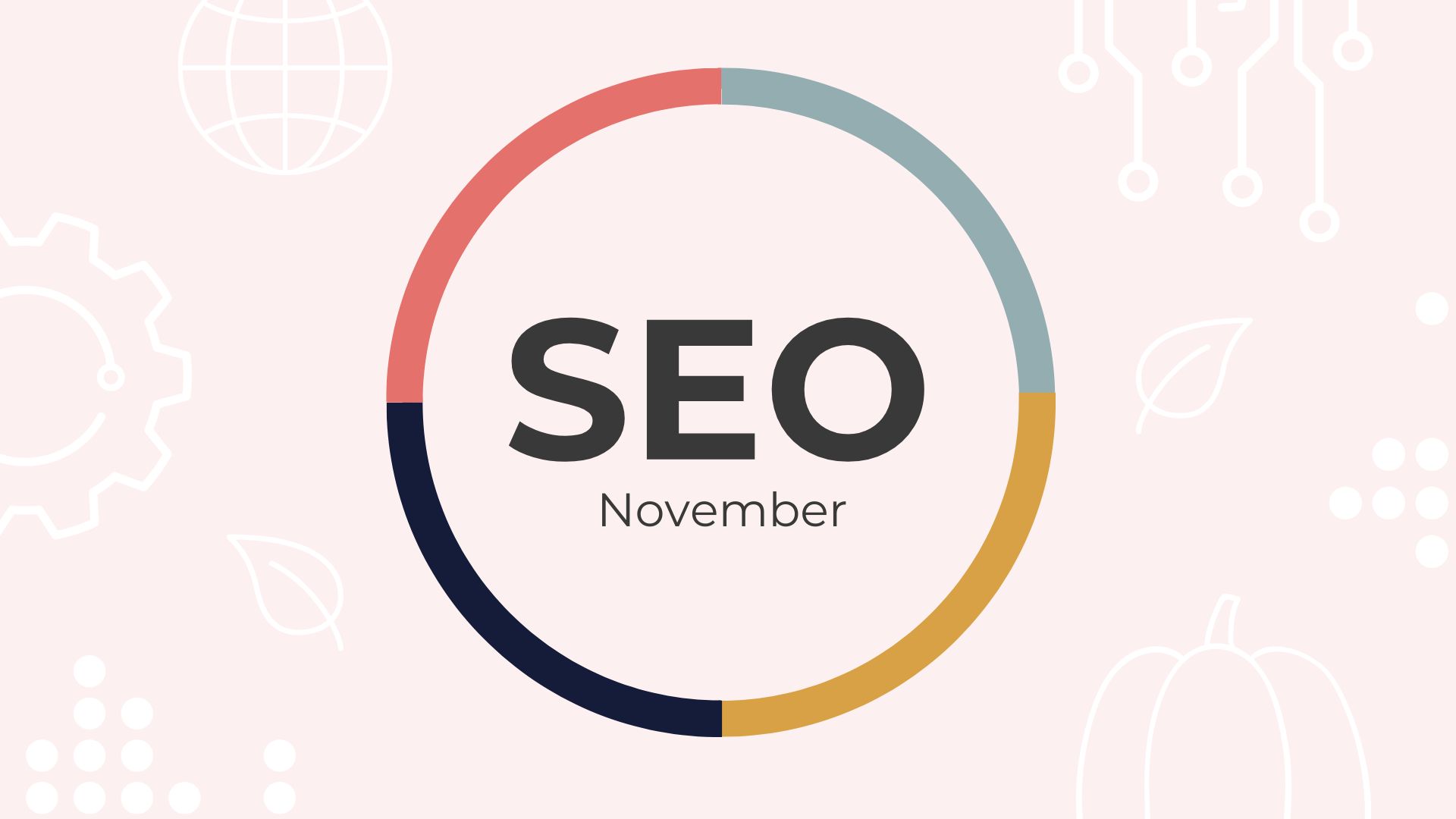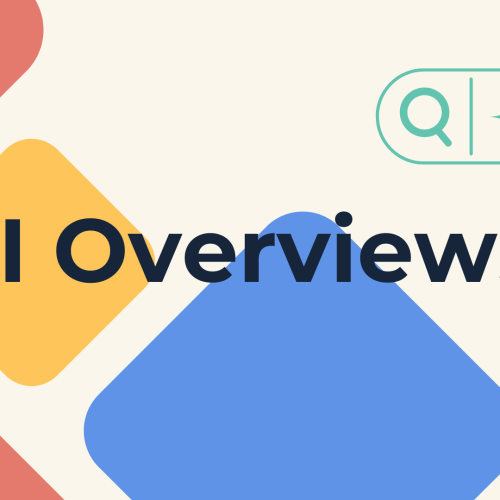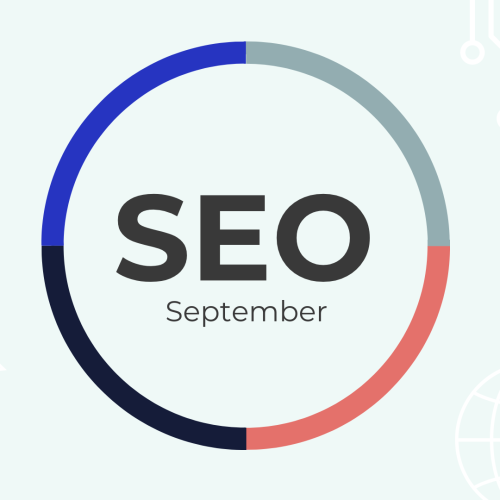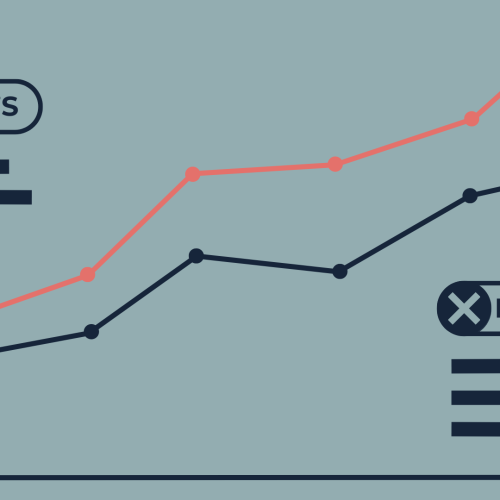This month’s big news is all about SearchGPT, AI integration and an important update from Google. Here are the four most important points:
- OpenAI’s ChatGPT challenges Google with the launch of SearchGPT
- Microsoft intensifies collaboration with OpenAI
- Meta is working on independent AI search
- Google updates crawl budget guidelines
1. OpenAI’s ChatGPT challenges Google with SearchGPT
SearchGPT is the latest feature from OpenAI that makes ChatGPT an even stronger tool in the search engine market. This upgrade enables ChatGPT to deliver real-time results directly from the web, making it a competitive challenger to both Google and Bing. By combining traditional search with ChatGPT’s interactive format, users get more context and personalized answers that can lead to a more engaging search experience.
For businesses, this means that visibility in SearchGPT results will become increasingly important. The competition to rank high in SearchGPT will grow, especially as this feature is ideal for handling dynamic and topical searches. It’s therefore a good idea to keep an eye on how your business can adapt and optimize visibility in ChatGPT results.
2. Microsoft and OpenAI strengthen collaboration to challenge Google
Microsoft has realized the strategic value of ChatGPT’s growing popularity and has integrated it directly into Bing and other Microsoft products. This extension of the partnership with OpenAI means that Bing not only delivers search results, but also uses ChatGPT’s AI to provide in-depth answers and interactive experiences, something Google does not yet offer to the same extent.
For businesses and SEO specialists, this means that Bing could become a stronger alternative to Google in the future. Bing’s new AI-powered features could change search patterns and make Bing a more attractive platform for both ad buying and organic visibility. It’s therefore relevant to consider how your SEO strategy can adapt to this new development.
3. Meta aims for independence from Google with its own AI search
Meta has announced that it is now developing its own search technology as part of its strategy to create an AI ecosystem that is not dependent on Google. By implementing a search model without Google influence, Meta is trying to gain more control over the user experience on its platforms and ensure that users stay on Meta’s own services.
This development could have a major impact on SEO strategies on Meta’s platforms like Facebook and Instagram. If Meta is successful in offering AI-based search internally, it could mean fewer users leaving the platform to find information elsewhere. This creates new opportunities and challenges for SEO specialists to adapt to an environment with less reliance on Google search.
4. Google updates crawl budget guidance for complex websites
Google has just updated their crawl budget guidance, especially for complex websites that have both desktop and mobile versions. Crawl budget refers to the amount of resources Googlebot spends on crawling and indexing a website. With the new guidelines, larger websites can better optimize their crawl budget to ensure Googlebot spends its time indexing the most valuable pages.
For businesses that own large or complex websites, this means there are now better opportunities to prioritize the pages that are most relevant for SEO. Effective crawl budget management is important to optimize visibility in search results and ensure Googlebot doesn’t waste resources crawling less important pages.
November 2024 has brought important updates that could change how we work with SEO, AI and search engines. It will be exciting to follow the development of SearchGPT, Microsoft and OpenAI’s close collaboration, Meta’s independent AI search, and the new Google guidelines on crawl budget. As always, it’s important to stay on top of the latest trends and technologies so that your business can be well equipped to handle the new challenges and opportunities.
Stay tuned to our blog for more updates on SEO and AI and how they affect your work!








